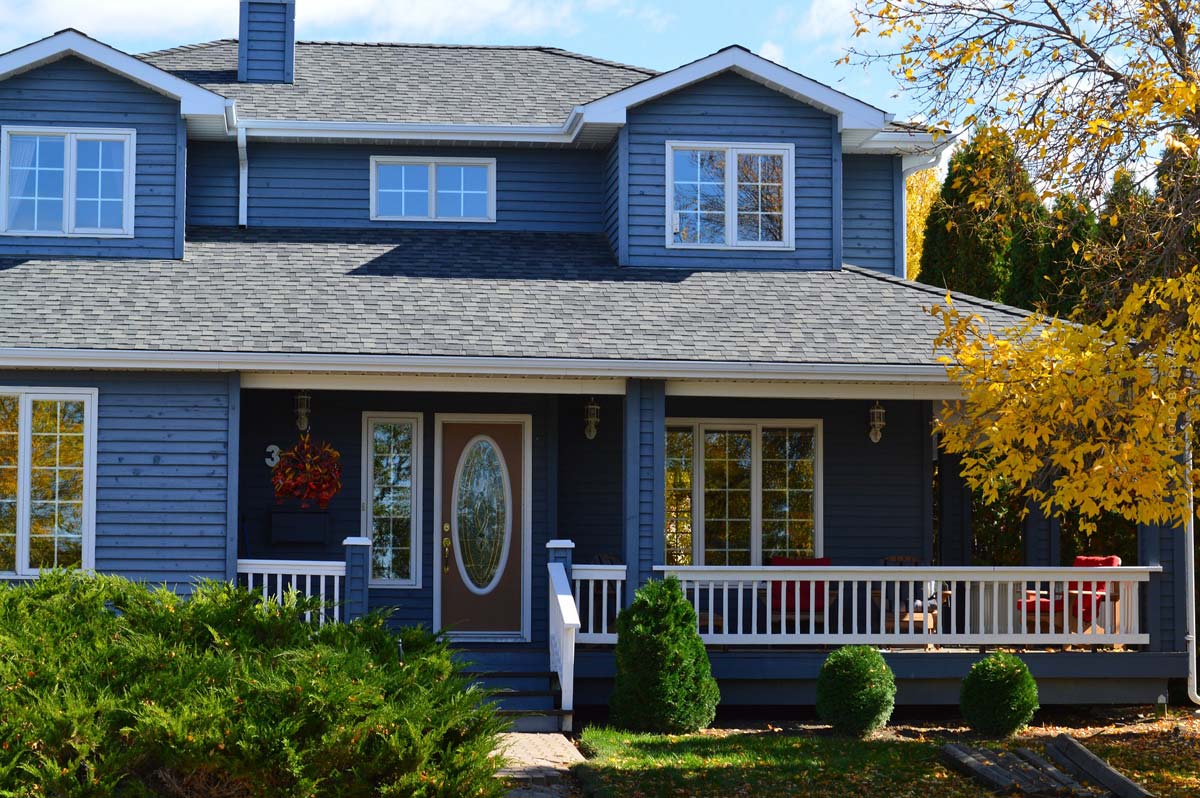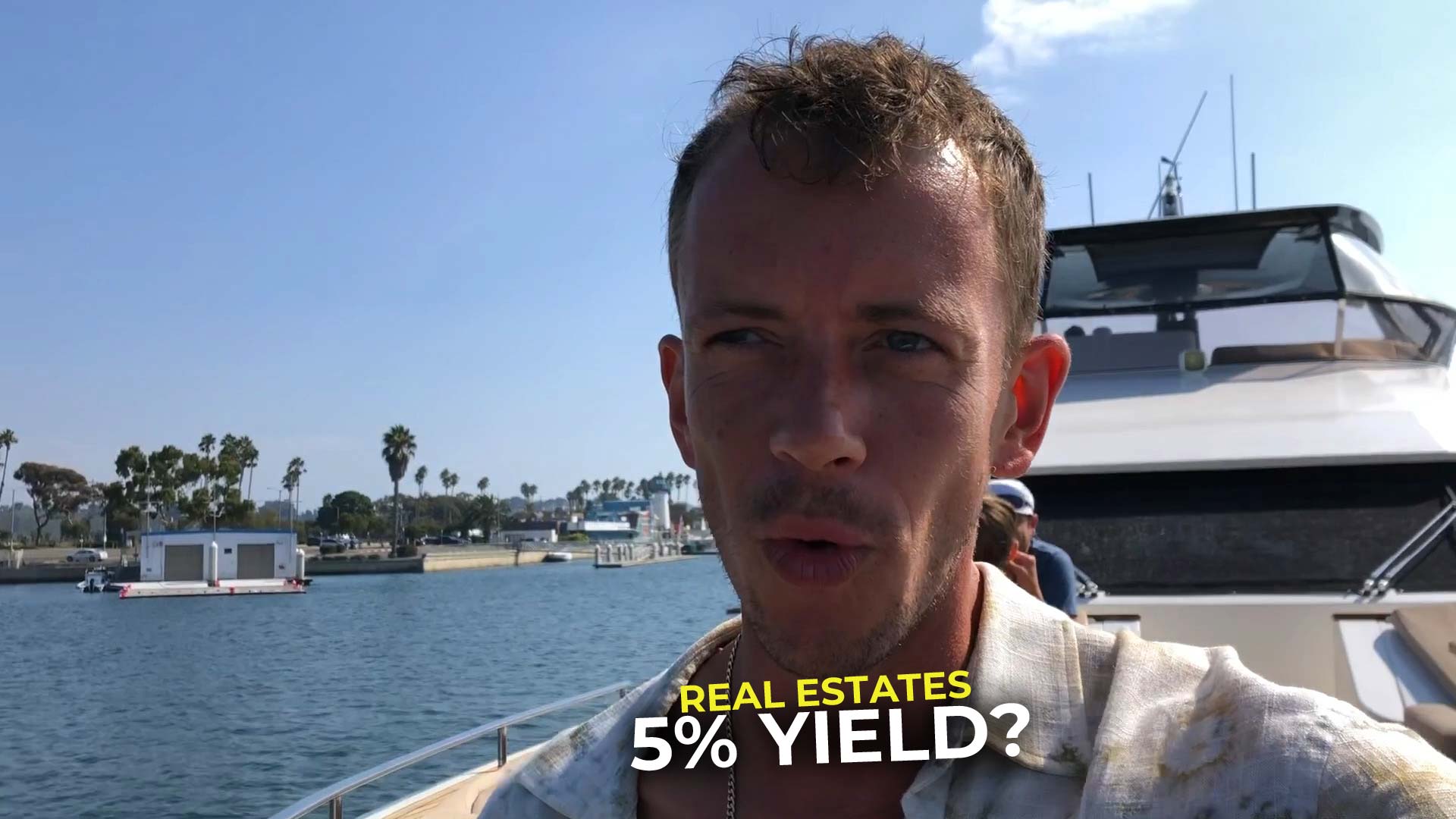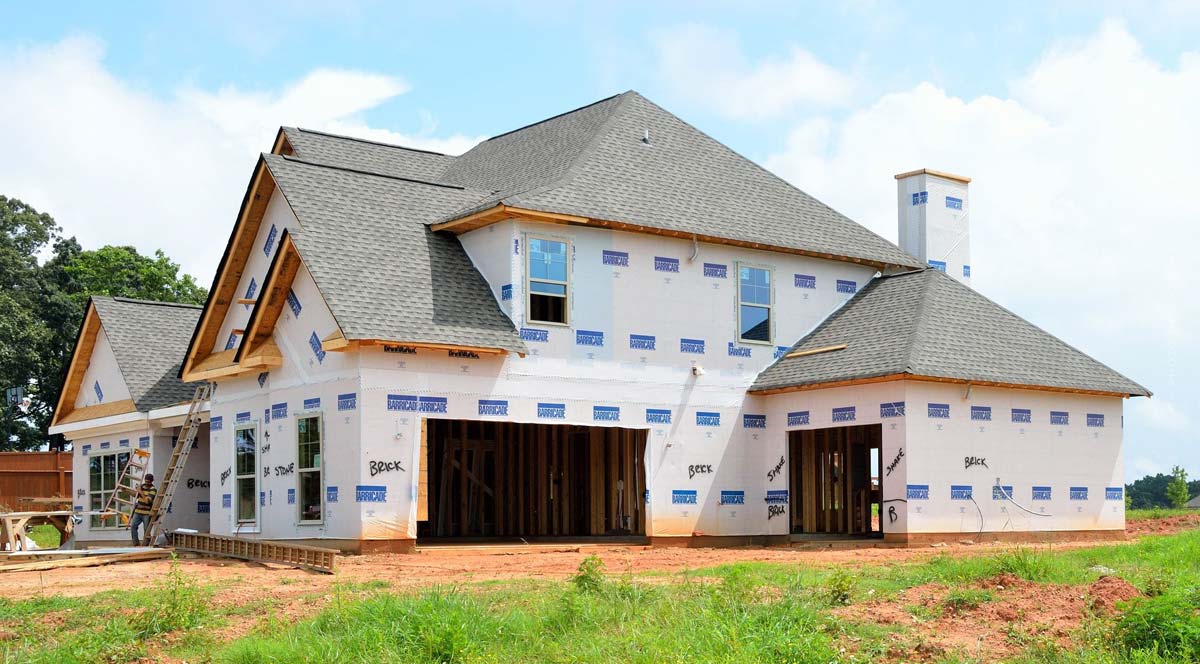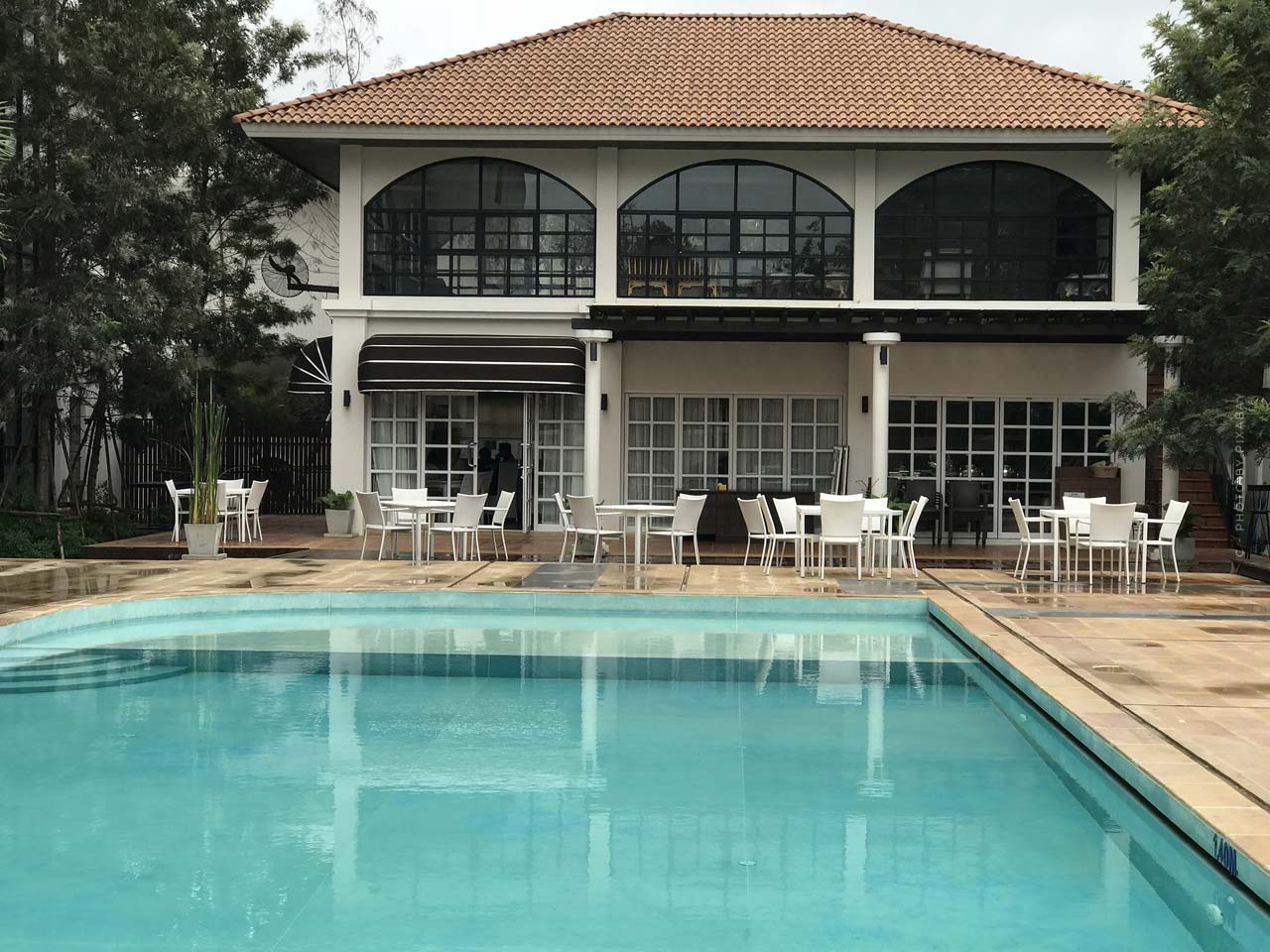How to Buy Rental Property – Becoming a Landlord, Investment and Purchase Tips
USA – So you want to become a landlord? You want to buy a rental property in the form of a house or apartment? There’s a lot to plan, from finances, to tenants, taxes, and more. Whether you want passive income, or to make it your primary point for cash flow is up to you. With many investment strategies and possibilities, we take you through the best tips and tricks, along with simple, easy-to-understand explanations of all the most important terms and concepts. Advantages, disadvantages of such investments, what to look out for, and which way best to finance everything.
Buying Real Estate Rental Property – Best Investment Strategies
More and more people are choosing to buy rental property as a lucrative way of receiving passive income, with many opportunities for further investments, massive profits, and a life of luxury and opulence. There is much to consider and research before you make any investment in rental property, but you’re likely going to be quickly looking at cash flow and a realtor lifestyle you could only have dreamed of.

Is Buying a House to Rent a Good Investment? Advantages Disadvantages of Rental Property
There is not one clear answer to whether buying rental property is a good investment. It depends on many factors such as location, the behavior of the market, the tenants, unexpected costs, etc. Therefore it is impossible to say whether it is a good investment for you until you inform yourself as best as you can, and make an educated decision.
Advantages of Rental Property Investments – Tax Deductions, Financial Security
Being a landlord often sounds like a dream job. Essentially you’re being paid because people are living somewhere. It is the most famous and infamous source of passive income. This is perhaps its biggest advantage. In terms of how much work you have to put in per dollar earned, it can be extremely lucrative. Another advantage is that the real estate market tends to be quite stable, which means that the majority of properties (bought in good areas) increase in value. That means, while you’re making a passive income, one day the mortgage will be paid, and despite having made money off of your investment, you can sell it at a higher price than you bought it!

Rental Property Taxes – What Taxes do Landlords Pay?
For one, rental income is not subject to social security taxes. The social security tax rate is currently 12,4% split by employer and employee, meaning that when owning rental property you are paying 6,2% less taxes.
Disadvantages of Rental Property Investment – Difficult Tenants
The biggest downside is dealing with difficult tenants. These can be those that are harmful for the atmosphere (e.g. by being loud), those that damage property (high repair costs), and those that do not pay their rent on time. Another downside is also that you are legally bound quite heavily, as renters are strongly protected by the law. That means that difficulties can arise, and cause a lot of stress. Of course it’s important to decide in what real estate to invest, because if you buy a house, these issues tend to be less serious.
- Damaging Tenants
- Tenants who do not Pay Rent

What does a Landlord Do? Tasks, Responsibilities when Owning Rental Property
In short, a landlord is in charge of general upkeep. That means repairs in the house such as plumbing or electricity which the landlord has to fix. Other things include maintaining the more general facilites. For example, if you own rental property you have to make sure common areas are cleaned, the doors, elevator, etc. all work, and more. Then comes the problem of rent. Some tenants can be quite a hassle when they don’t pay rent on time, in which case you have to contact them and collect the rent yourself.
- Repairs in home
- Maintenance of Property
- Collecting Rent
Financial Planning for Becoming a Landlord
That means paying off all debts, making sure you have enough saved up for a downpayment, and securing your finances for the long-term future. It is also probably a good idea to secure a separate business account.
- Save enough for a Downpayment
- Job Security
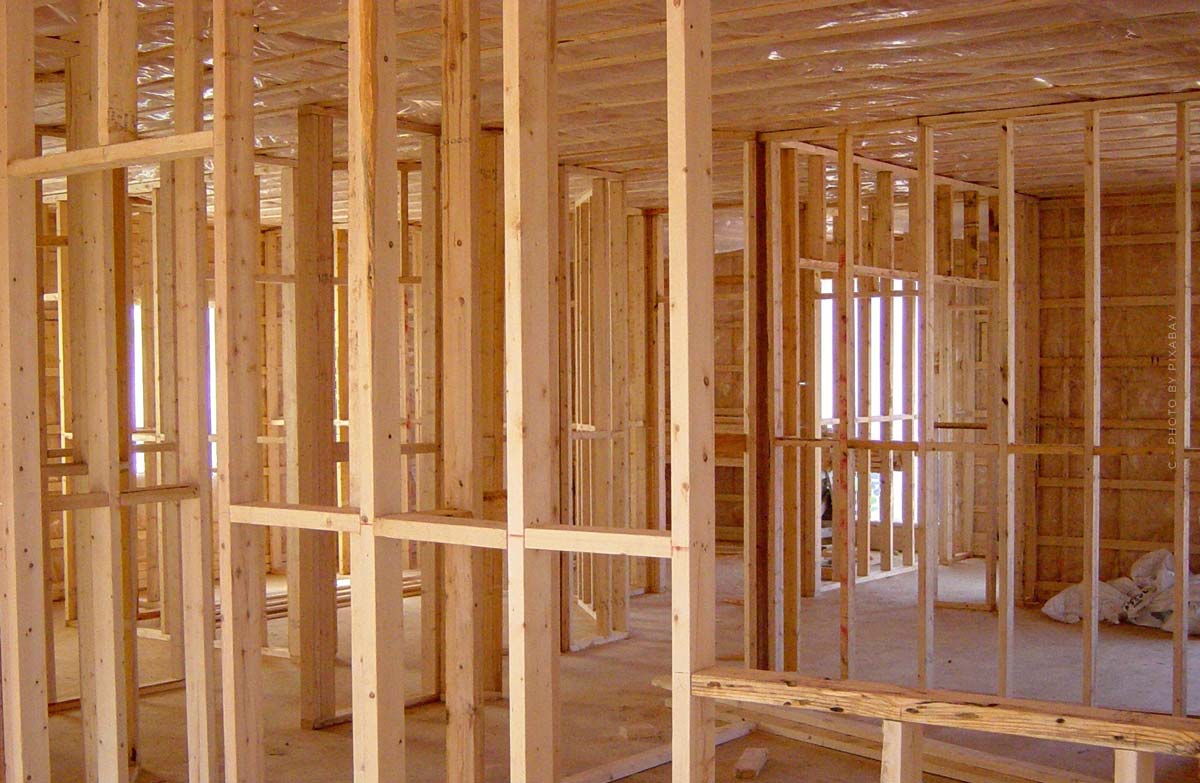
Six Steps to Purchasing Rental Property – Buy House, Apartment
The five steps to owning rental property begins with your finances. Next, research and strategy. Where do you want to invest, how is the market in that area, what type of real estate you want to invest in, the general turn of the economy and much more! Now your strategy with short-term vs long-term rentals, buying a house or apartment, etc. Step 4 is finding the property you want to purchase. Step 5 means buying the property (and getting a good deal!). And lastly, perhaps most difficult, find tenants!
- Order your Finances
- Research
- Strategy and Investment Planning
- Find the Property
- Purchase Property
- Find Tenants
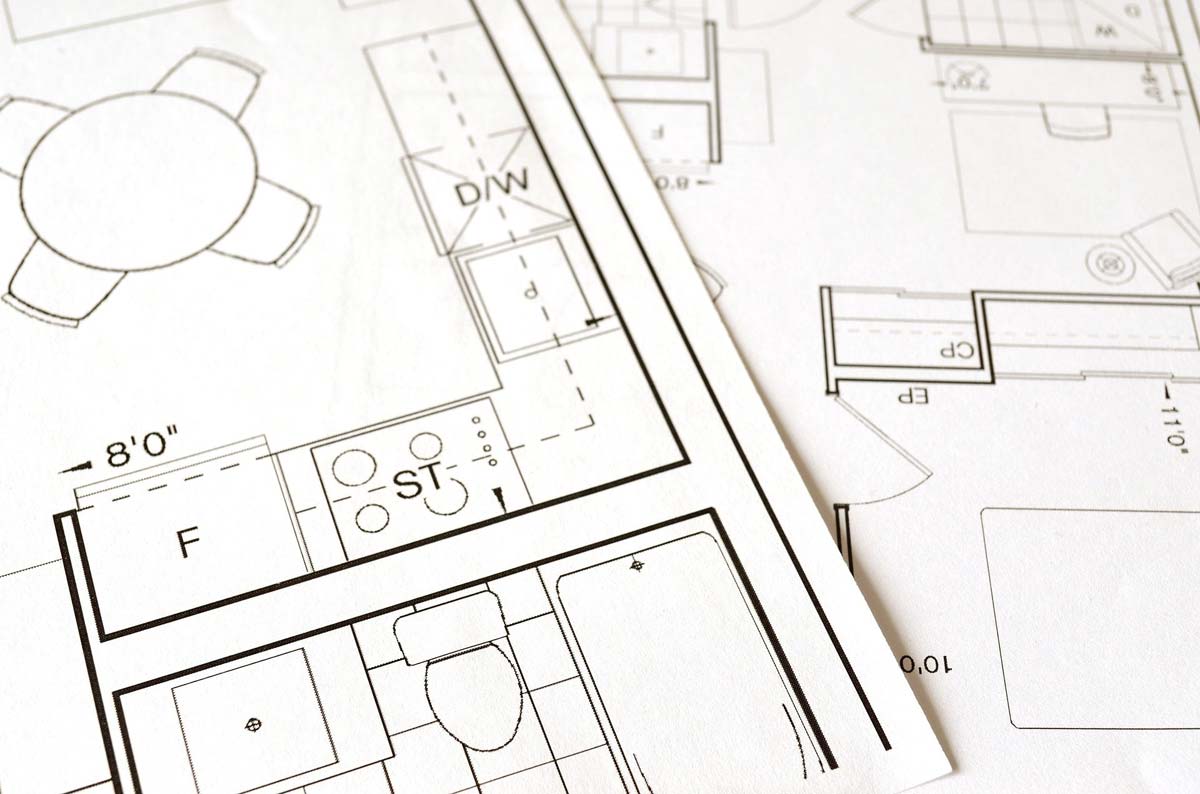
Step 1: Order your Finances – Landlord Bank Account, Savings
The most important thing before buying a house or buying an apartment is to get your finances in order. That means having paid off all debts, or nearly all, having a good credit score (otherwise get ready for mortgage insurance). Then, you will want to open a separate account. This can of course be done by registering a real estate LLC in which case you would buy the property over the company. Otherwise you will have to open a new account.
Step 2: Research – Where to Buy, When to Buy Rental Property
This is an important step, as you will need to get a lay of the land of where you want to invest and how. There is no universal manual because, e.g. if you buy a house in New York, it’s different than if you buy an apartment and then even more different if you buy an apartment in L.A. It’s also critical to know about the more specific location, there are always up-and-coming neighborhoods in every city. The top USA real estate neighborhoods are spread out all over, and you could be living near one without knowing! We’ve tracked down the best locations for the biggest players in American real estate:
- Top Neighborhoods: New York
- Top Neighborhoods: Los Angeles
- Top Neighborhoods: San Francisco
- Top Neighborhoods: Miami
- Top Neighborhoods: Las Vegas

Step 3: Strategy, Investment Planning – ROI, Value
The typical question for real estate and rental property investment is the ROI. ROI means return on investment, which is typically expressed in a percentage. It just tells you how much money you make in proportion to how much money you spend. You should know that, unlike stocks, or REITs, rental property will not be valuable or a good investment because it is constantly rising in value. Rather it is an additional income on the side, apart from your normal investments.
- ROI = Return on Investment
- Real estate is about cash flow

Step 4: Find the Property – House Hunting, Realtors
Next step is to find property, this can turn out to be quite difficult or quite easy depending on the region. Typically this is also the point where you will decide whether you choose a fixer-upper or a ready house. For experienced investors this is a normal thought, but if you are just starting out, a fixer-upper can be extremely risky and bankrupt you. Unless of course you want to get into flipping houses.
- Fix-Up or ready house?
Step 5: Purchase Property – Mortgage, Cash, Downpayment
Of course with a cash purchase you can circumvent a lot of the additional real estate purchase costs, but not all (think mortgage tax and transfer tax, and moving expenses). Still, as soon as you purchase with a mortgage you will be paying more in the form of mortgage interest. There are different opinions on the specifics, but it is always important that even if you are absolutely in love with a house, to let cooler heads prevail. There are many reasons to buy a house for rental property, but these are all related to finances and strategy.
- Real Estate Closing Costs
- Logic should decide whether you buy

To learn more about what happens when you get to the point of actually buying a house, you can take a look at our article on all the taxes you will pay when you buy a property or real estate.
Step 6: Find Tenants – Advertising, Location
This is the point that it can get very very frustrating, or very comfortable. If you’re living in a place like L.A., this can be quite easy with very high demand making a good tenant easy to find. In other places you may have to wait for the right one. Important though, if you get the feeling that the fit isn’t right, don’t sign a contract! It is near impossible to force a tenant out legally, and one more month without the extra income won’t make the difference.
- Don’t rush the search
- Easier in bigger cities, with higher demand

Top 5 Tips for Buying Rental Property! LLC, Saving Taxes
There are many things to be aware of, and things to take into account for buying rental property for real estate investment. It’s important that you research a lot so as to make a smart decision. Still, there are a few secret tips that are very important to ensure quick profit from rental property!
- Do the Math!
- Landlord Insurance
- Found a Company
- Buy or Finance?
- Go out of State

Do the Math! Research, Calculation of Costs for Rentals
This is critical. Of course, before investing in rental property the most important thing is extensive and intensive research. This does not only consist of informing yourself about e.g. mortgage or mortgage interest, and a downpayment. The main question is: for each dollar that you invest in this real estate rental investment, how much will you get back. Factor in the time, and then compare to your finances. It is possible that your investment strategy only offers returns after two years. Can you hold out that long?
For each dollar you invest, how much will you gain? When is your investment profitable?
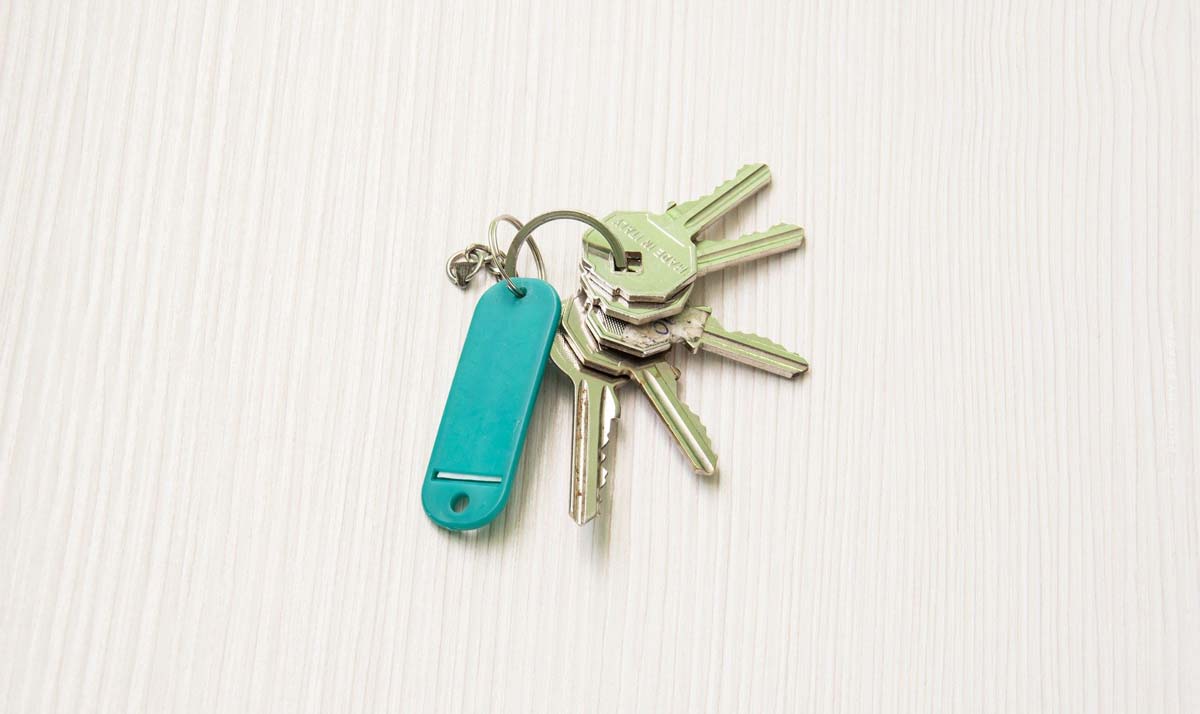
Get Landlord Insurance! Recover Lost Rental Income, Liability Protection
There are going to be accidents, unwanted injuries and more on your property. You need to protect yourself from this. One possibility is with a limited liability company or the similar s corporation (see below), but this is not going to protect you legally, rather than just make sure that a legal action does not bankrupt you. So you have to get landlord insurance! A landlord insurance covers lost rental income (great for the rare difficult tenant), damage to the property, and of course, as mentioned liability protection against injuries or worse on your property. Remember, itemizing insurance costs is one of the top methods of real estate tax deductions!
- Protection against lost rental income
- Damage to property
- Liability for injuries on property
Found a Company – LLC, S Corp or C Corp
As mentioned above, it’s important to protect yourself from possible liabilities. Even with landlord insurance, you should likely put in the effort and cost to found a real estate entity which owns the buildings in your place. The main examples are the LLC, S corporation, C corporation, and Limited Partnership. These all differ in the degree to which they protect you from liability, but also to the degree in which they prevent double taxation, a common problem with other real estate investment entities.
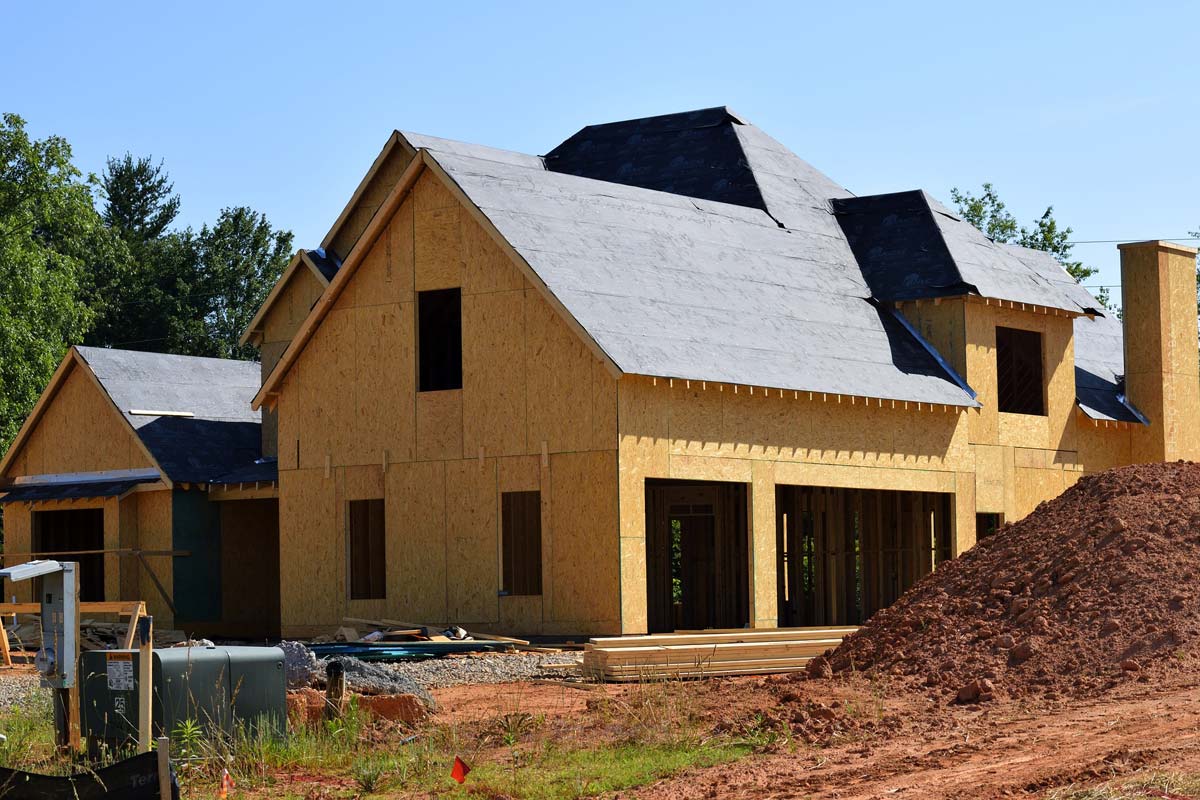
Buy or Finance? Mortgage or Cash for Rental Investments
You will hear many voices insuring you that the only smart choice for buying a rental property is to finance it, in other words to buy it using a mortgage. This is true in most cases, but if you have the money available, buying cash can be even better. No mortgage interest, no uncertainty, and you profit right away. Of course you’ll be a few thousand dollars lighter, bt this comes in with rental income over time. It’s also seemingly forgotten at times that a house purchased with a mortgage still requires a substantial downpayment, as well as significant additional costs buying real estate, which means even with a mortgage, where, e.g. a 20-year plan can hound you for years, you have some saving to do before starting to invest and reap profits.
- Buy with mortgage
- Consider alternative cash options
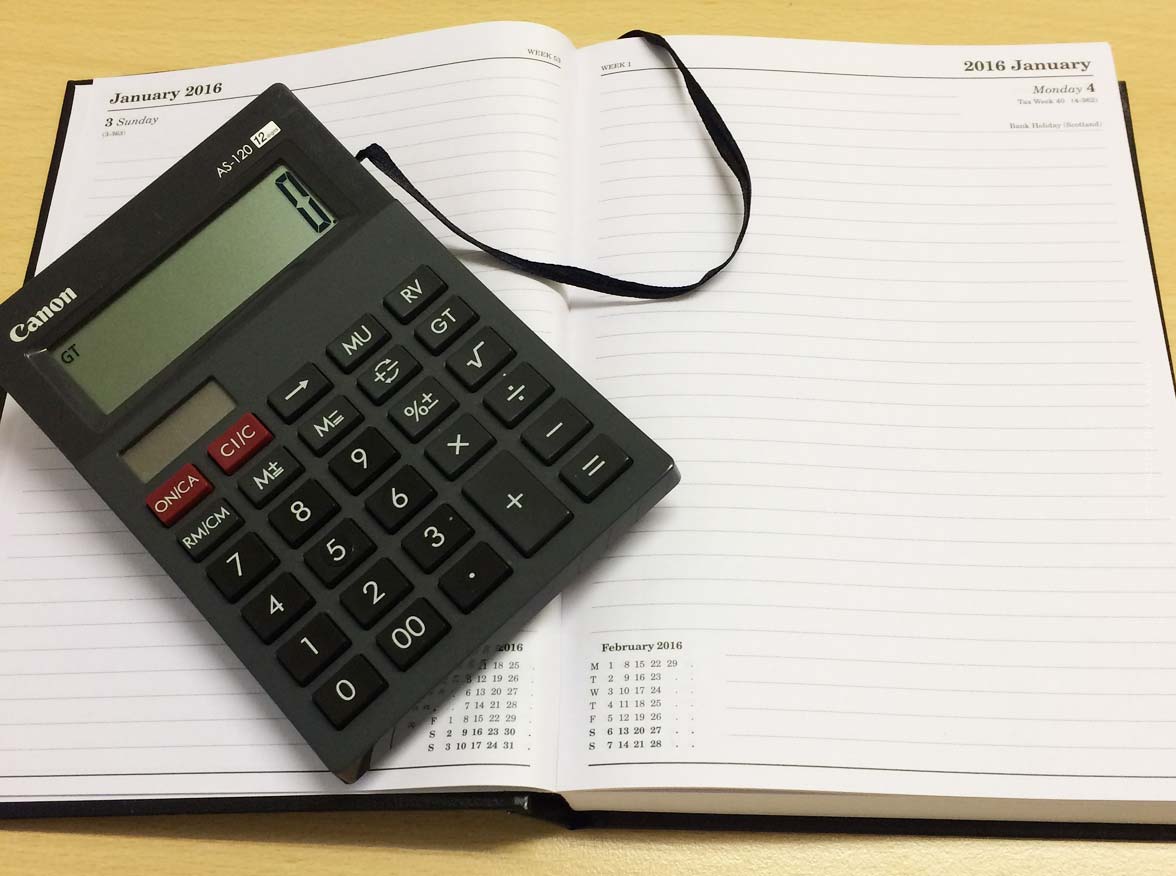
Go out-of-state! Rental Investments Far away – Is it Profitable?
Many first-time investors make the decision to buy close to home. They hear a great offer for a house nearby in an up-and-coming neighborhood and choose to buy because it’s just a few minutes drive away. It’s true of course that this has its advantages; if a renter has an issue or a repair, you can come by quickly and fix it, you can give personal house tours with no problems, etc. At the same time, it’s a calculation game. There are extremely profitable neighborhoods in many parts of the country. Buying a rental there can give you much larger profits in much shorter time. These profits would offer the possibility of a property manager, reduces your involvement and makes the now-larger income even more passive.
- Advantages to buying nearby
- Far away can be much more profitable
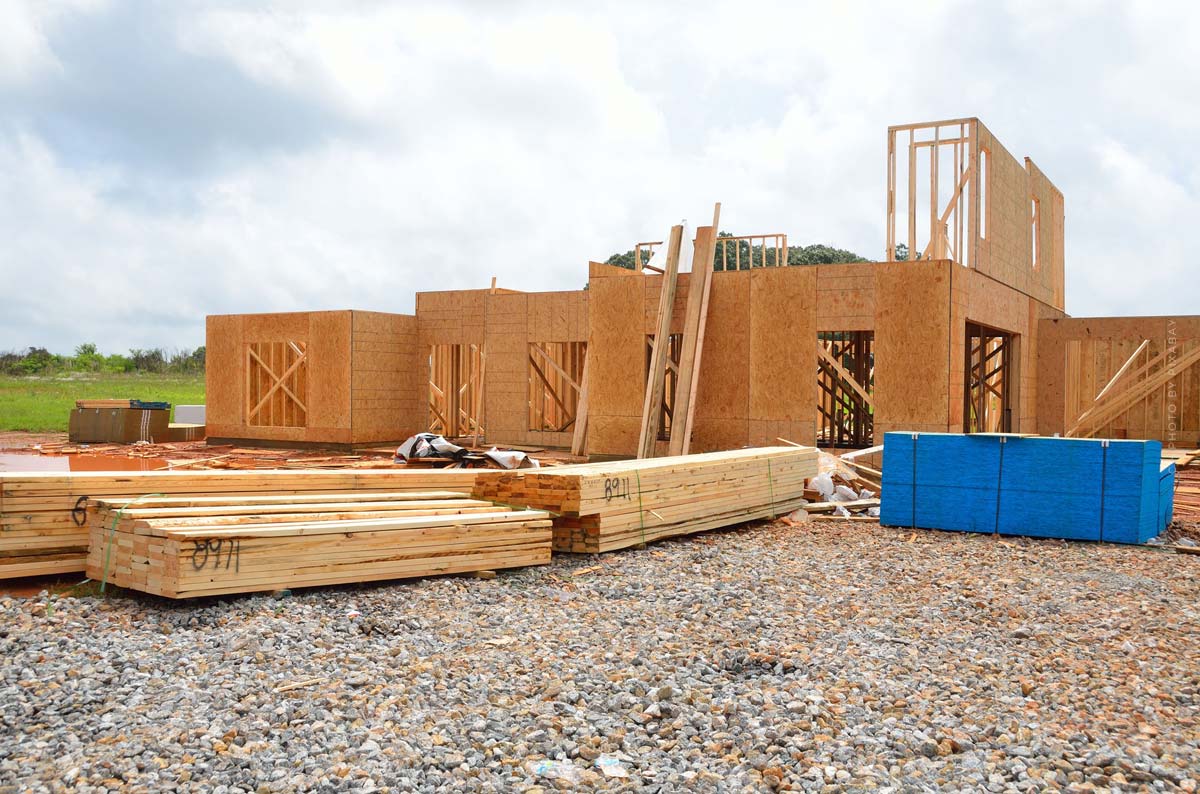
Gross Rental Income – Top Tip for Saving Taxes
Easily explained: rental income is taxed as your normal income would be taxed. That means you add it to your salary as you would a normal job. Rental income can include the following types of payments: Advance payments of rent, non-returned deposits, services provided in exchange of rental income. Now we know what the income consists of, but the question is how can you pay less of it?

What can be Deducted from Rental Income? Itemizing Tips
You can deduct more than you think from your rental income. That includes things like the mortgage interest of your property, the insurance costs and property taxes. Along with these it is also typically possible to deduct fees such as those for advertising your properties, and those for legal assistance and for the Homeowner’s Association.
- Depreciation
- Property Manager Payments
- Mortgage Interest
- Insurance Costs
- Property Taxes
- Advertisement Fees
- HOA / Condo Fees
- Legal and Professional Fees
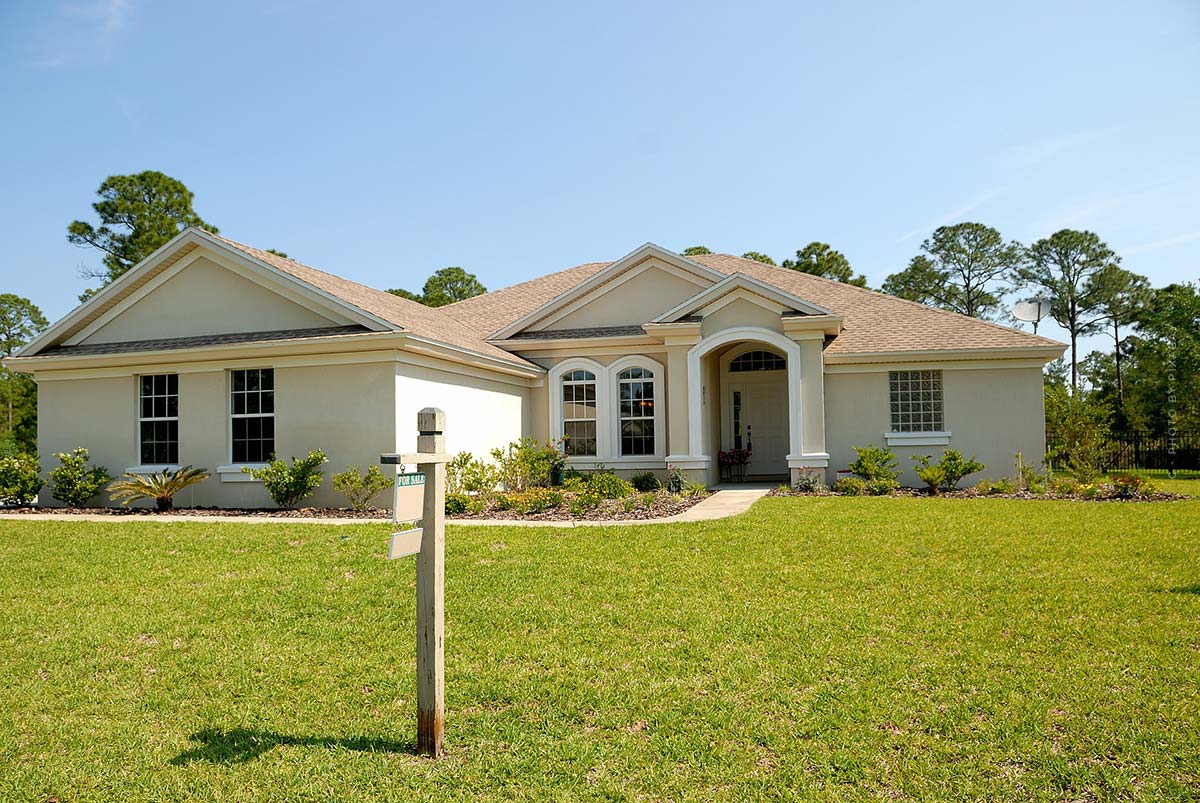
There’s so many more tax deductions you can use when you own real estate, whether as residence or as a landlord!
Best Gross Rental Income Deduction! Depreciation
The most important concept here is depreciation. Depreciation is the answer to every time you wondered why real estate moguls and landlords pay so few taxes. Large items bought for business purposes can be deducted from your taxes, but not all at once. That means e.g. a property worth $250.000 which is deducted from taxes over a 27,5 year period, leads to a reduction in your taxable income of
$250.000 / 27,5 y = $9.090
per year! Add that to all the other possible real estate tax deductions, and many owners pay no taxes on their rental income!
